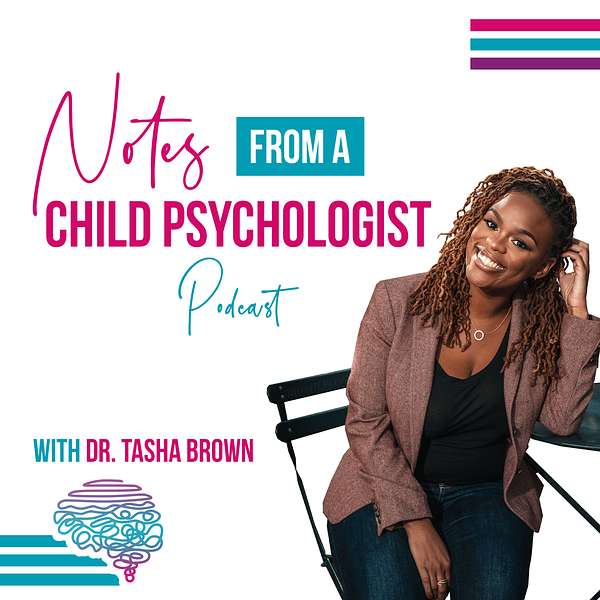
Notes from a Child Psychologist
Notes from a Child Psychologist
Representation Matters! How Representation Can Improve Your Child's Mental Health
Welcome back to part 3 of this 4-part Black History Month Series!
Five years ago, 3-year old Sophia from South Carolina went viral when she visited a Target with her mother and chose a doll made in the image of her favorite cartoon character -Doc McStuffins.
The cashier questioned why Sophia, a 3-year old white child, would choose a black doll. Sophia's response was heard worldwide as she explained how she and Doc McStuffins were the same - including they were both doctors and both pretty.
The moral of the story is that representation and exposure matter for all children. While Sophia's story makes my heart sing as a doctor, I want us to do more to ensure that children of all genders and races see themselves represented in media and academics. In today's episode, I am focusing on why representation matters for black children and the ways that adults and the community at large can advocate for representation.
- [00:02:15] Listen as I recap our 4- Part Black History Series and updates about future episodes
- [00:06:46] The article of the week: The 1940's Doll Test The Study of The Psychological Effects of Segregation and how it relates to representation.
- [00:10:06] What is representation - and how adults can use it to impact their child(rens) mental health positively.
- [00:11:49] Research-based information on how representation impacts children's mental health -such as identity development and more.
- [00:18:07] Discovering how diversity and exposure encourages empathy and compassion for other races and cultures
- [00:20:47] What can we do to make sure that there's diversity in a child or adolescence? Mindful strategies for parents and caregivers
- [00:30:31] Helping to instill pride and a positive self-image.